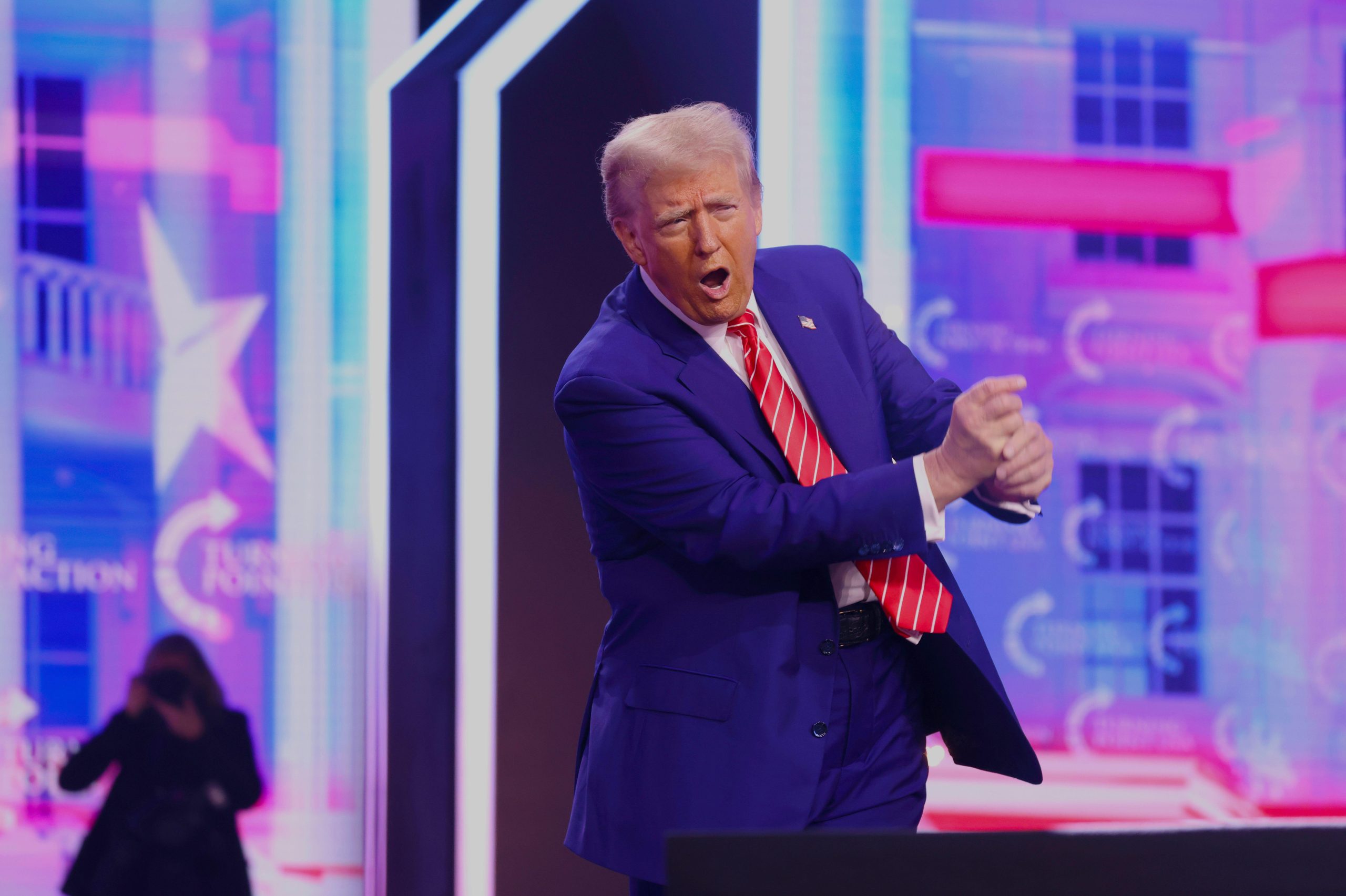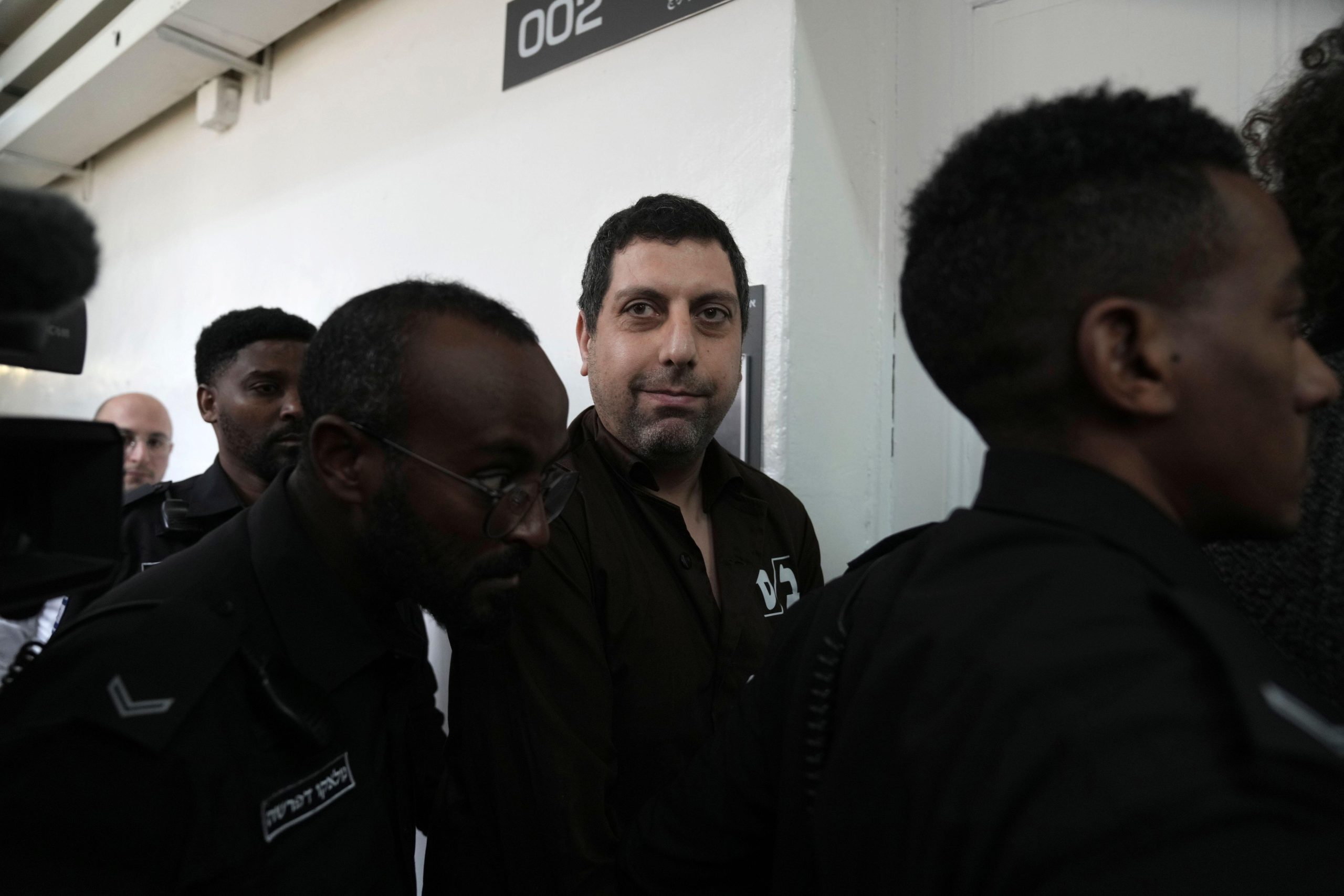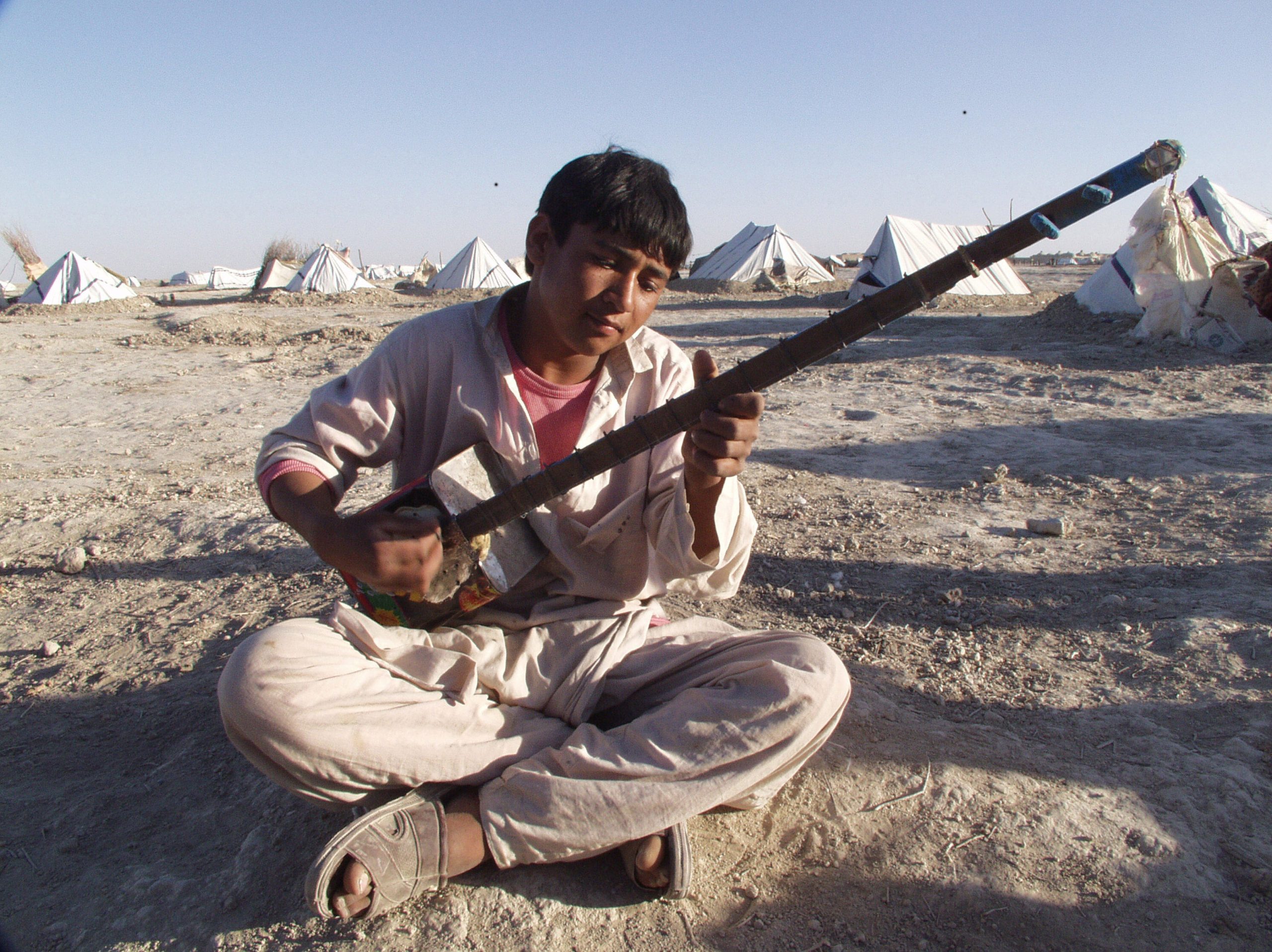 Public hearings into the Iraq war are set to begin on 24 November, the panel’s chairman Sir John Chilcot said today. But witnesses still do not know whether the evidence they give will ever make its way into the public domain, says Chris Ames
Public hearings into the Iraq war are set to begin on 24 November, the panel’s chairman Sir John Chilcot said today. But witnesses still do not know whether the evidence they give will ever make its way into the public domain, says Chris Ames
As the Chilcot Inquiry into the Iraq war announces its first public hearings, serious concerns about censorship and secrecy are beginning to arise. Some of those who are thinking about giving evidence are wondering how free they will be to do so and whether the evidence they present will ever see the light of day.
Tony Blair’s upcoming appearance at the Inquiry has taken centre stage, with his actions on Iraq threatening his bid to become the first EU president. While Blair won’t face prosecution in this Inquiry for launching the war, witnesses fear they might be prosecuted for talking about it.
Other political factors also play a role in the timing of the hearings, which will open on 24 November. Sir John Chilcot said that the Inquiry intends to stop these hearings during the general election campaign, expected in the spring. It appears that the move is intended to limit the possibility for highly charged appearances or new disclosures to influence voters. This should not be a consideration for the Inquiry, which is supposedly independent of government.
Chilcot has also suggested that the Inquiry’s report, which is not expected until at least the end of next year, might not be published in full but might include a secret annexe dealing with intelligence matters.
The downside of Gordon Brown’s eventual decision to allow the Inquiry to sit in public is that its witnesses could now face the chilling effect of defamation and secrecy rules. It is not a judicial inquiry, and thus has no automatic privilege or protection for witnesses or published submissions.
The Inquiry has set out protocols stressing the need for evidence to be given in public wherever possible. But these focus on the possibility that government witnesses will seek to give private evidence, rather than on cases where witnesses no longer work for the government and wish to give full and frank evidence in public. Its approach to written submissions and evidence takes a similar line.
This lack of clarity is understandably a concern for potential witnesses and those seeking to make submissions. A spokesperson for the Inquiry has told me, “If any potential witnesses have concerns about the legal issues you raise, they should get in touch with the Iraq Inquiry Secretariat at the address on the website. The Inquiry is keen for anyone with relevant information to come forward.”
There are few guarantees that witnesses will not be sued for defamation or prosecuted under the Official Secrets Act or other legislation if they speak too frankly. In the absence of a clear public line from the Inquiry, the risk increases that witnesses will pull their punches – or refuse outright to appear. One potential witness told me that he is concerned by the threat of libel actions if he criticises individuals.
Journalists like myself who will be reporting the proceedings will have the protection of qualified privilege, as long as our reports are “fair and accurate”. But if the Inquiry publishes submissions, it will itself run the risk of defamation actions, as seen in the recent experience of freedom of information campaigner Heather Brooke.
In a case that has clear implications for the Iraq Inquiry, Brooke found that the Committee on Standards in Public Life had removed from its website a copy of her submission to its inquiry into MPs expenses. She was told that the committee’s lawyers had raised concerns over “potentially defamatory” statements about named individuals. Like the Iraq Inquiry, the committee is not a parliamentary one and thus lacks parliamentary privilege.
A spokesperson for the standards committee has told me that it wants to “be as open as possible and show people the evidence submitted”. But there is still a tension between this laudable intention and unresolved defamation issues that threaten to censor submissions.
Brooke points out that it is not clear from the committee’s website that submissions have been removed. She adds that she was not given advice about the risk of defamation when giving oral evidence. Some witnesses may assume that some privilege applies. In response to this issue, the committee’s spokesperson said: “The Committee on Standards in Public Life is an independent advisory body and as such is not covered by privilege and has never claimed to be. The Committee makes clear in its correspondence with witnesses who give evidence at public hearings that the media will be present.”
The same issues are likely to arise at the Iraq Inquiry, which may refrain from publishing submissions in full. In addition, both oral hearings and written submissions could run into difficulties with the Official Secrets Act (OSA) and a raft of regulations preventing disclosure of secret material by serving and former service personnel. In the case of written disclosures, the issue is not merely what might be published. There is also the question of whether information provided privately to the Inquiry will be considered to be a breach of the OSA or otherwise treated as an “authorised disclosure”.
In 2006, former diplomat Carne Ross gave evidence on the Iraq war to the House of Commons Foreign Affairs Committee, having previously given evidence, in secret, to Lord Butler’s review of pre-war intelligence. He offered to supply the committee with his Butler evidence but said that he had been advised that such a disclosure could breach the OSA. Eventually the committee persuaded him to hand over the document, which it then published under parliamentary privilege.
Iain Paton, a former Royal Air Force officer and contributor to the Iraq Inquiry Digest website, which I edit, has asked the Inquiry whether he would be protected if he were to supply information that would otherwise be covered by the OSA and other regulations covering disclosure of secret information. Although he has done exactly what the Inquiry suggests, he has had no reply.
The Ministry of Defence (MoD) is publicly encouraging its current personnel to take part in the Inquiry and says it is “co-operating fully with the inquiry”. But, despite my requests, the MoD has not explicitly set out its position regarding disclosures of secret information by service personnel.
At a meeting earlier this month Chilcot said that the MoD had given an absolute guarantee that no disciplinary proceedings would result from evidence from armed forces personnel. However, this comment related to another potential concern for witnesses: in telling the truth about their past actions, they might incriminate themselves. Chilcot said in cases where witnesses indicated that their evidence might lead to self-incrimination, the Inquiry would have to make a judgment as to whether to ask the attorney general to give immunity from prosecution.
Before the Inquiry opens its hearings on the Iraq war, it first needs to answer its witnesses’ own questions and concerns.




